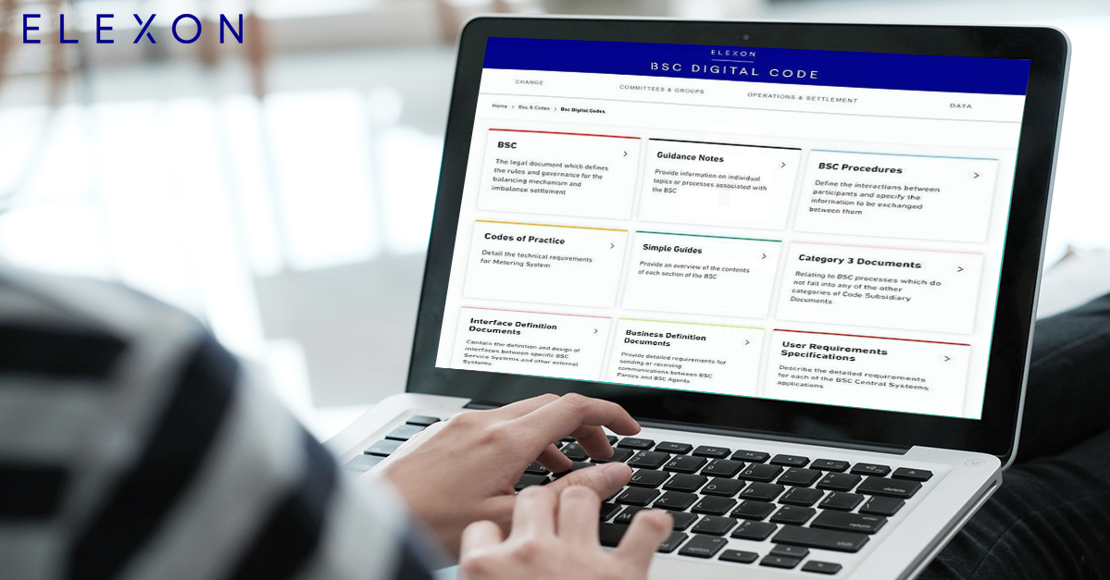Qualification Pre-Integration Testing (PIT)
Pre-Integration Testing (PIT) is a requirement of all users of the new market-wide half-hourly settlement (MHHS) arrangements, including software providers to participants.
PIT will be performed by all users of the new settlement arrangements to validate every system or service that is included in the MHHS End-to-end (E2E) Design for compliance with its functional and technical requirements. This includes back-office systems if affected. The system/service may have several components, and PIT refers to the testing conducted when those components have all been internally integrated.
PIT is the responsibility of each Programme participant, using their own systems, test environments, test data, test artefacts (Scenarios and Test Cases), test processes, test tools, test management tool and defect management process.
The majority of PIT activity is an entry criterion for Qualification Testing. However, there are some elements that may only be tested in PIT, for example, performance and volume testing.


PIT Guidance
The latest PIT Guidance document sets out what is expected of Programme participants regarding their own PIT testing whether the Programme participant chooses to go through the System Integration Testing (SIT) or non-SIT route.
The Programme held a PIT Guidance session on 4 April 2024, to walk participants through the updates and the approach to PIT. You can view the slides, recording and Q&A below:
PIT Guidance Walkthrough slides
PIT Guidance Walkthrough recording
If a Programme participant is Placing Reliance on Functional Testing carried out by a third-party software / IT provider, there may be additional testing requirements to evidence that the software has been successfully deployed within the Programme participant’s environment, including any internal integration with the third-party software / IT solution.
Subject to the level of Placing Reliance agreed, there may be some scenarios in which the PIT deliverables expected for participants may vary. For example, if it is agreed that a participant may place full reliance on Functional Testing, including PIT, then it may be that submitted PIT deliverables only cover Migration, Non-Functional and Operational aspects. This would be agreed on a case-by-case basis.
Please view Section 7 in the PIT Guidance document for diagram examples of PIT scope for different Programme roles.
The Programme has uplifted the PIT Guidance document to version 2.8 which includes changes to ensure that the guidance reflects updated delivery timelines following Ofgem's approval of CR055: Amendments to M10 and Corresponding Milestones, as well as the role of the Data Integration Platform (DIP Manager) in assuring Non-Functional Testing requirements.
You can view the latest version below:
What does the updated PIT Guidance include?
- An overview of Non-Functional Test (NFT) delivery expected within PIT including:
- A test to be carried out at volume against Programme Non-Functional Requirements (NFRs).
- Full suite of performance testing to be carried out.
- Component Resilience and Data Loss Testing at volume, where Resilience Components are defined as layers within the stack e.g., adaptor, web and application server and Design Build (DB).
- Migration at expected volumes alongside daily use.
- Infrastructure and Results to include the Data Integration Platform (DIP) Adaptor and scaled, production sized during PIT. There is no DIP Simulator available.
- Evidence of Observability being in place to assure results.
- The document has been aligned to the latest Programme position regarding Interim Release (IR) versions to be used during Component Integration Testing (CIT) - IR2 and SIT Functional Test execution - IR5.
- Increased clarity on availability of supporting DIP Simulators for Programme participants PIT activities.
- Amendments to references of DBT2 as DBT2 testing evidence is no longer a requirement for MHHS Qualification based on the following position stated by the Code Delivery Bodies.
- The scope of Qualification under the Balancing & Settlement Code (BSC) and Retail Energy Code (REC) is defined by the relevant Code Delivery Bodies’ vires that are limited to the requirements within the respective Code.
- The Code Delivery Bodies have not identified any code requirements yet that are outside of the scope of the MHHS design that Programme participants will be required to cover as part of their PIT evidence for Qualification.
The PIT Guidance additionally includes further details about the scope and test coverage of PIT, test evidence, test assurance scope and Programme participant’s adopting the Placing Reliance policy for PIT.


What is the status of the PIT deliverables templates and when are they due?
All Non-SIT Suppliers & Agents are expected to submit the following PIT deliverables:
- Final PIT Approach & Plan, covering Functional, Migration, Non-Functional and Operational - Please note: participants are advised to use the PIT Approach & Plan template available below to prepare your Final Approach & Plan submissions and to ensure that all necessary topics are covered.
- PIT Requirements to Test Traceability Matrix (RTTM), including list of PIT Test Scenarios
- Qualification Testing Interim Readiness Report, including PIT progress
- PIT Completion Report, including Final PIT RTTM and all PIT evidence uploaded
The timelines for PIT deliverables and PIT completion across Functional, Migration, Non-Functional and Operational) are detailed in the Qualification Approach & Plan, available on the QA&P page of this website, and the PIT Guidance document (available above).
The exception to this is testing relating specifically to Volumetrics and Performance, as it is recognised that participants may wish to complete this testing on as final a code base as possible. In this scenario, and by agreement with the Code Bodies, participants may complete and evidence their Volumetric / Performance testing alongside their Qualification Testing execution. This must be completed before Qualification Testing exit.
Requirements to Test Traceability Matrix (RTTM)
You can view the RTTMs published by the Code Bodies and the Programme for Non-SIT participants on the Qualification RTTM page of this website.


What is the role of the Data Integration Platform (DIP) Manager?
The DIP rules were implemented on 1 October 2024 and the DIP Supplement of the Balancing & Settlement Code (BSC) established BSCCo as the DIP Manager.
The DIP Manager is responsible for assuring a Programme participant can meet its requirements set out in the DIP Rules and approving applications to become DIP Users. As each Programme participant must be approved as a DIP User before they are MHHS Qualified, there are aspects of Qualification activity that will be delivered by the DIP Manager, such as Non-Functional Test assurance.
Responsibility for testing activities that provide evidence to support MHHS Qualification and DIP Manager assurance are split between Code Bodies, the DIP Manager and the MHHS Programme.
LDSO Qualification Testing will be managed by the MHHS LDSO Qualification Test (QT) team, which is part of the MHHS Programme, with the Code Bodies and DIP Manager undertaking an assurance role to confirm the scope of testing and the output satisfies the wider Qualification and DIP Manager assurance needs. Code Bodies will manage Qualification Testing for remaining Programme participants.
This does not impact the work that Programme participants have done so far to prepare for Qualification, but is something that Programme participants should be aware of going forward.
To find out more about the role and responsibilities of the DIP Manager, please see the Qualification and End-to-end (E2E) Sandbox Working Group (QWG) papers from the meeting on 12 November 2024, which you can find on the QWG page of the Collaboration Base.
PIT Evidence Obfuscation
The Code Bodies have published guidance for participants on PIT evidence obfuscation, and you can find more information on this on the Qualification PIT Evidence Obfuscation page of this website.


Where do I send my PIT deliverables and who do I contact if I have questions?
Please email:
- The Programme at LDSO_QT@mhhsprogramme.co.uk for Non-SIT LDSOs
- The Code Bodies at MHHSQualification@elexon.co.uk and enquiries@recmanager.co.uk for Non-SIT Suppliers & Agents
